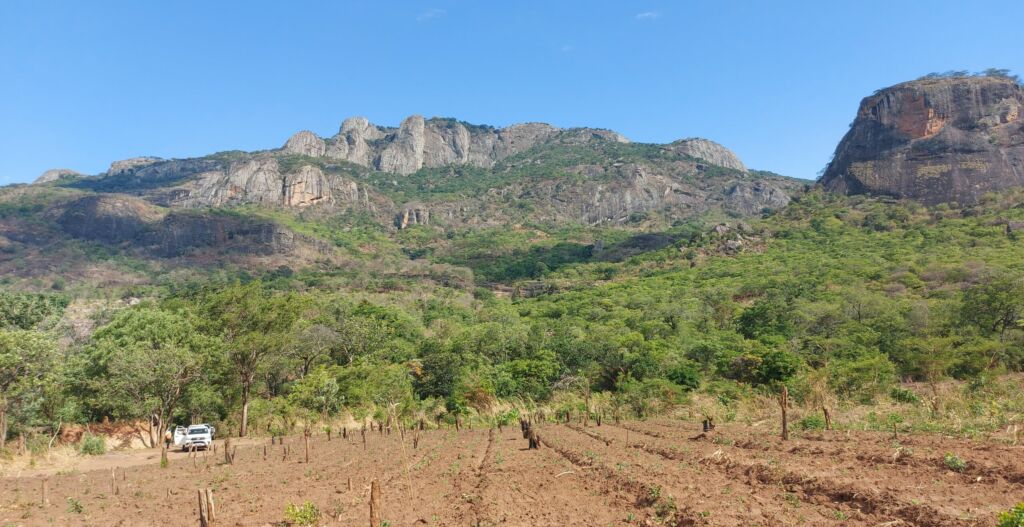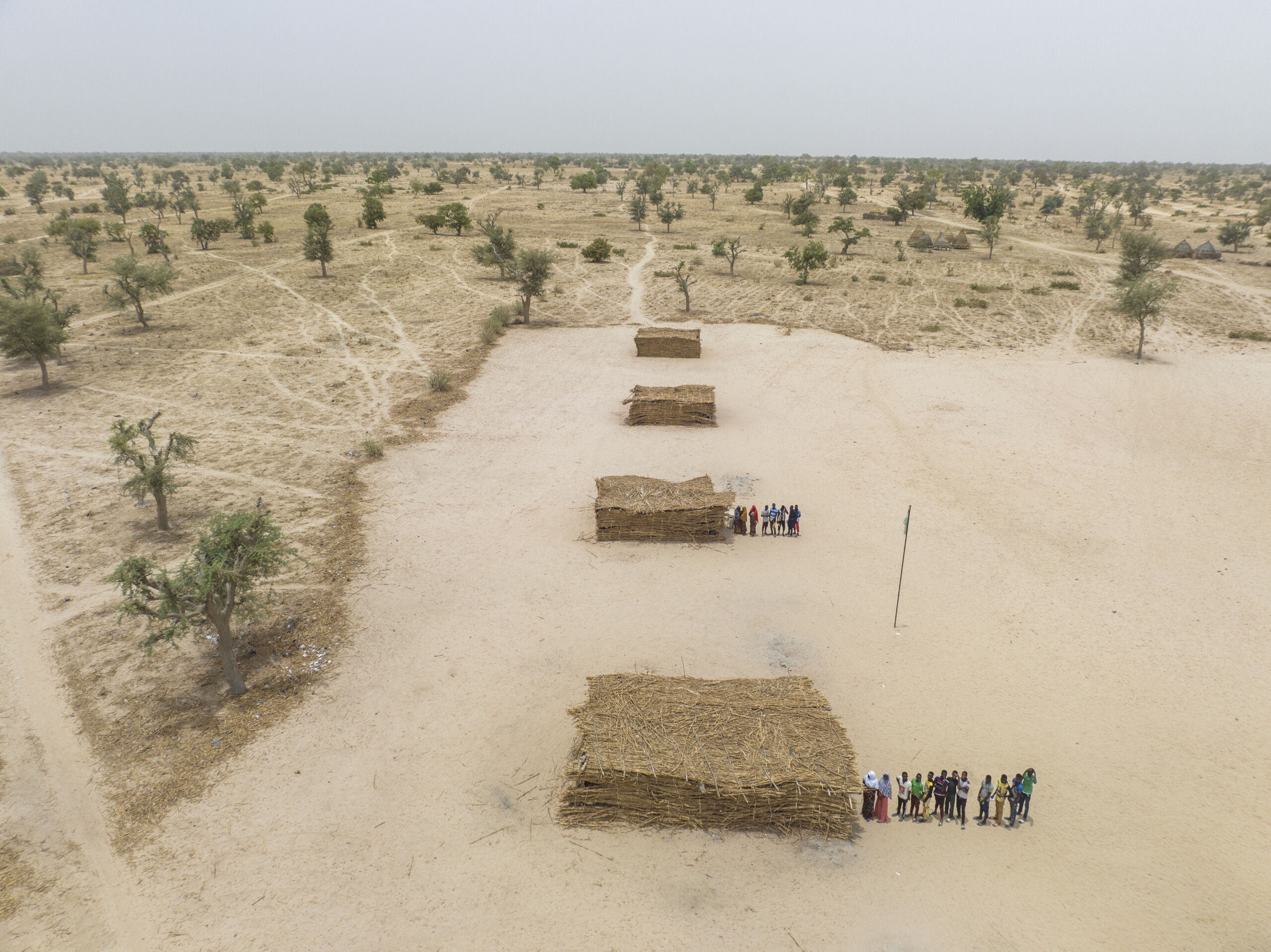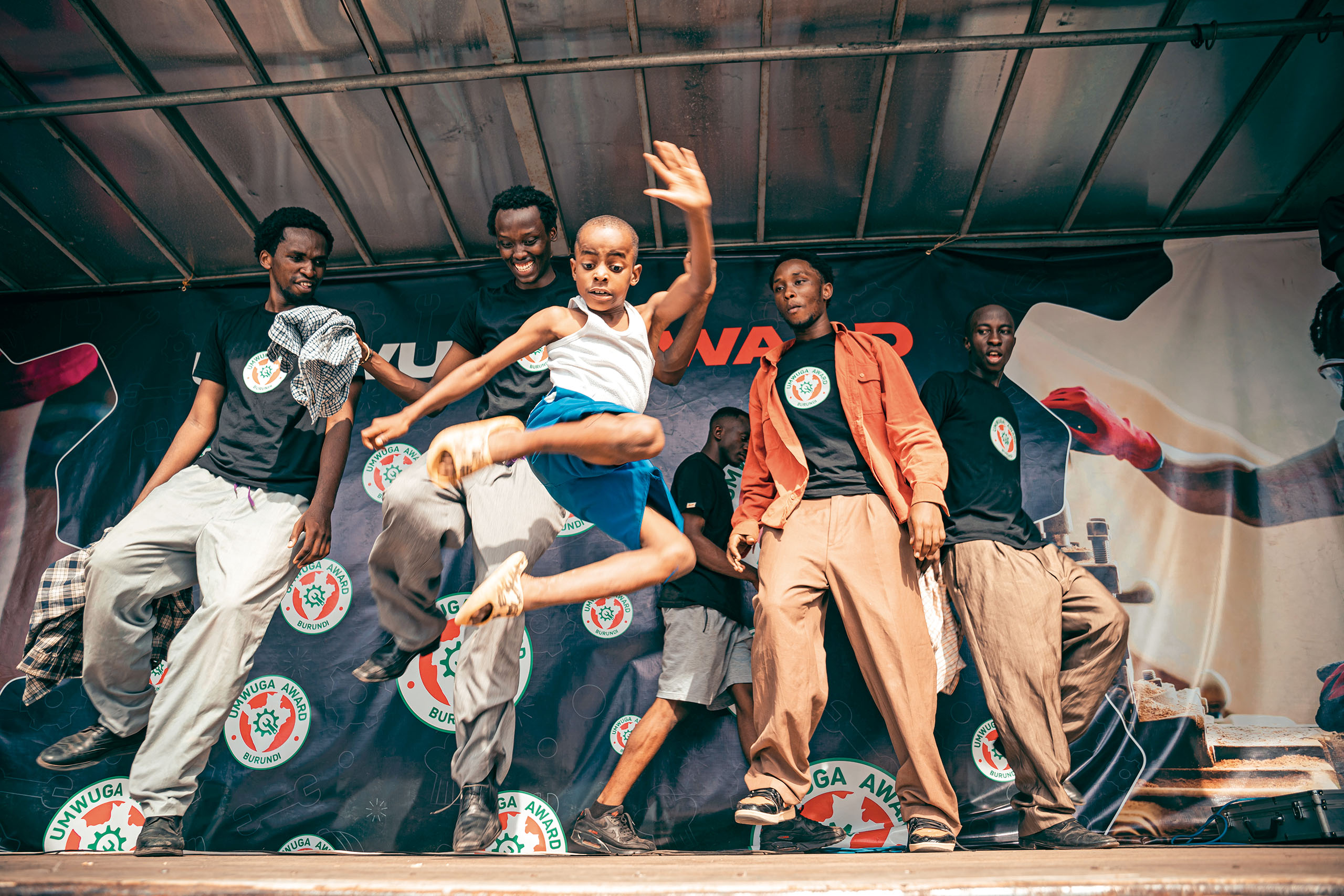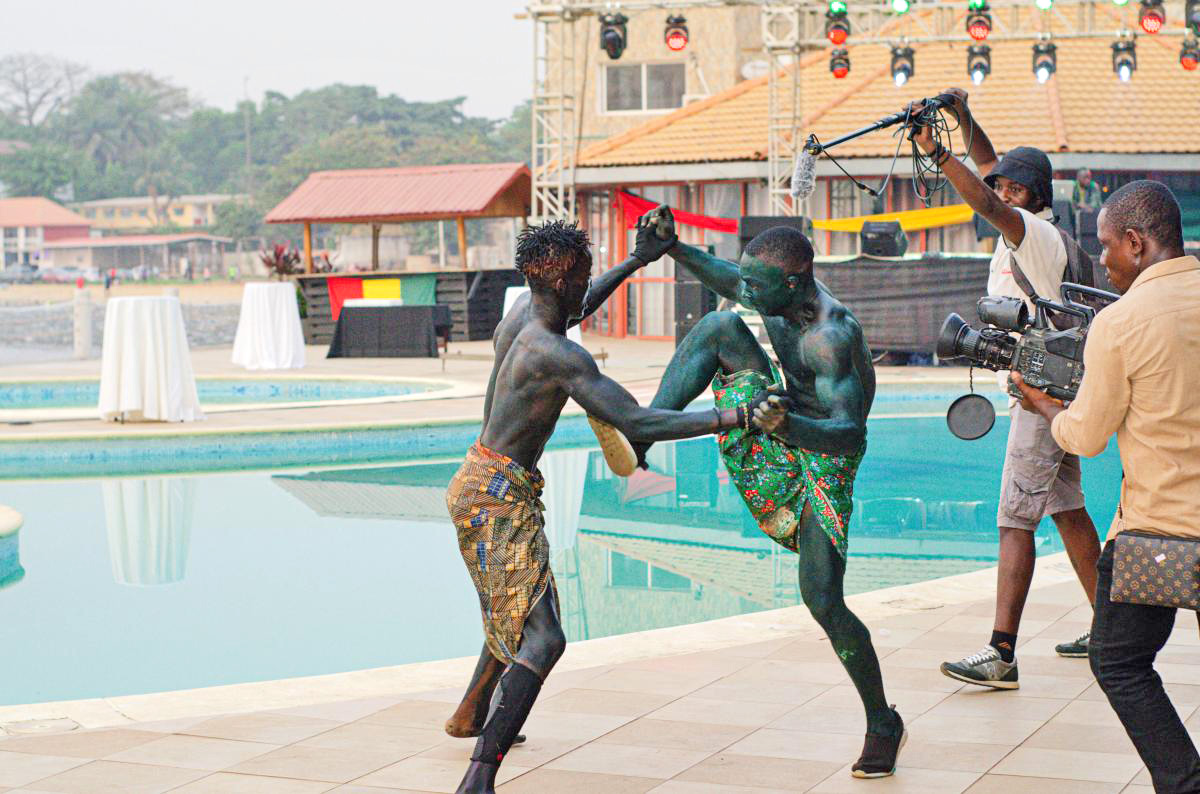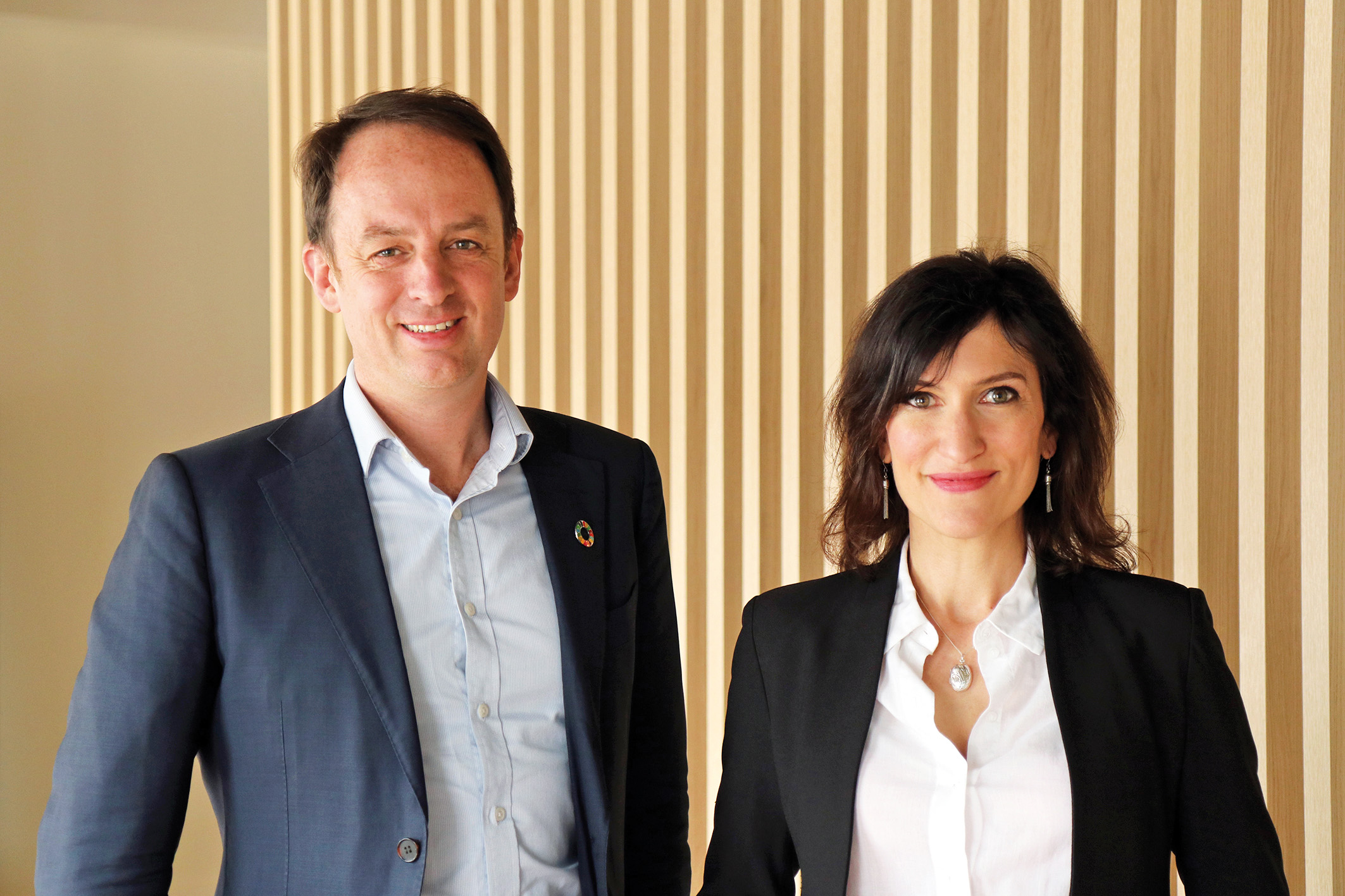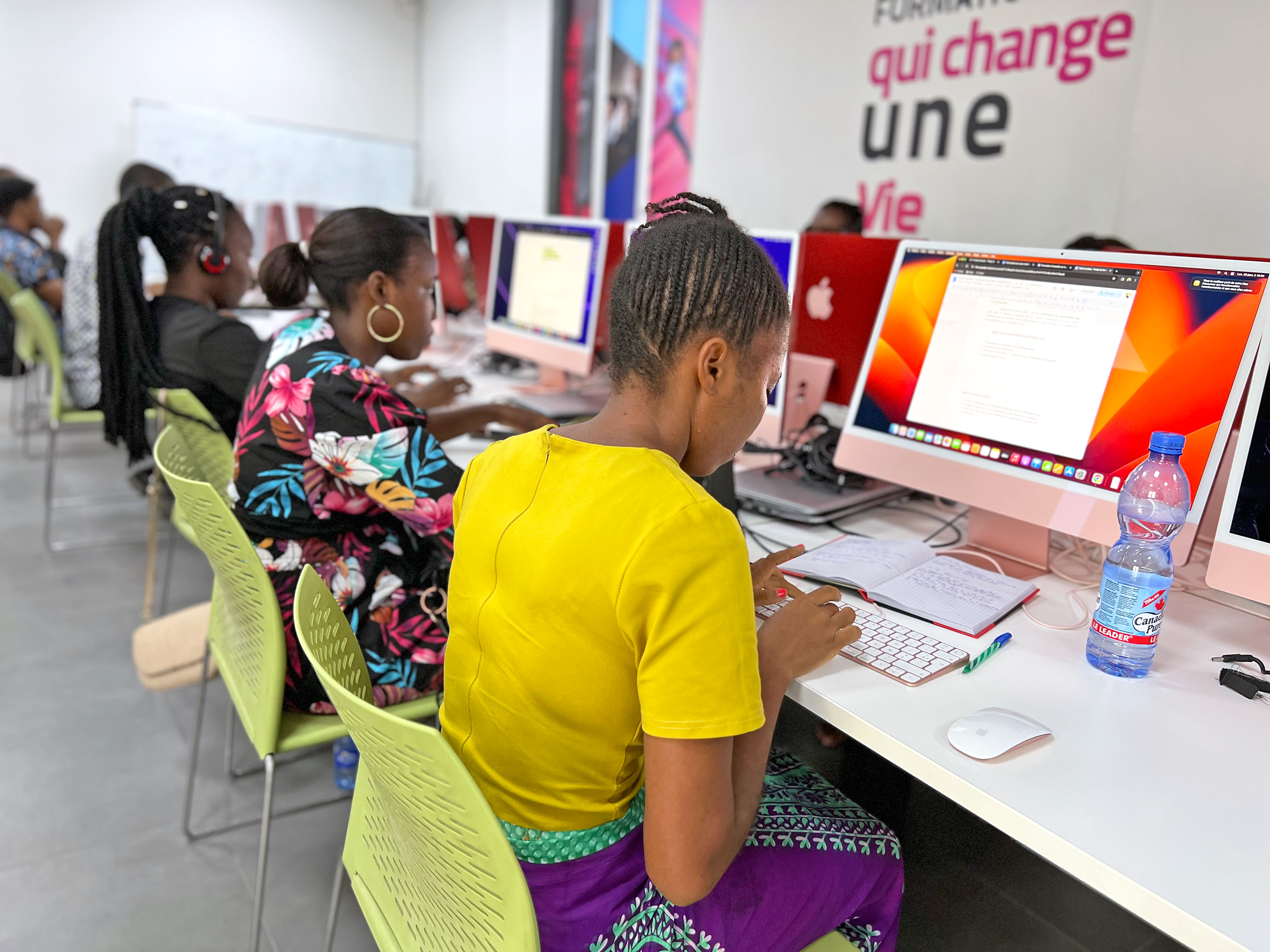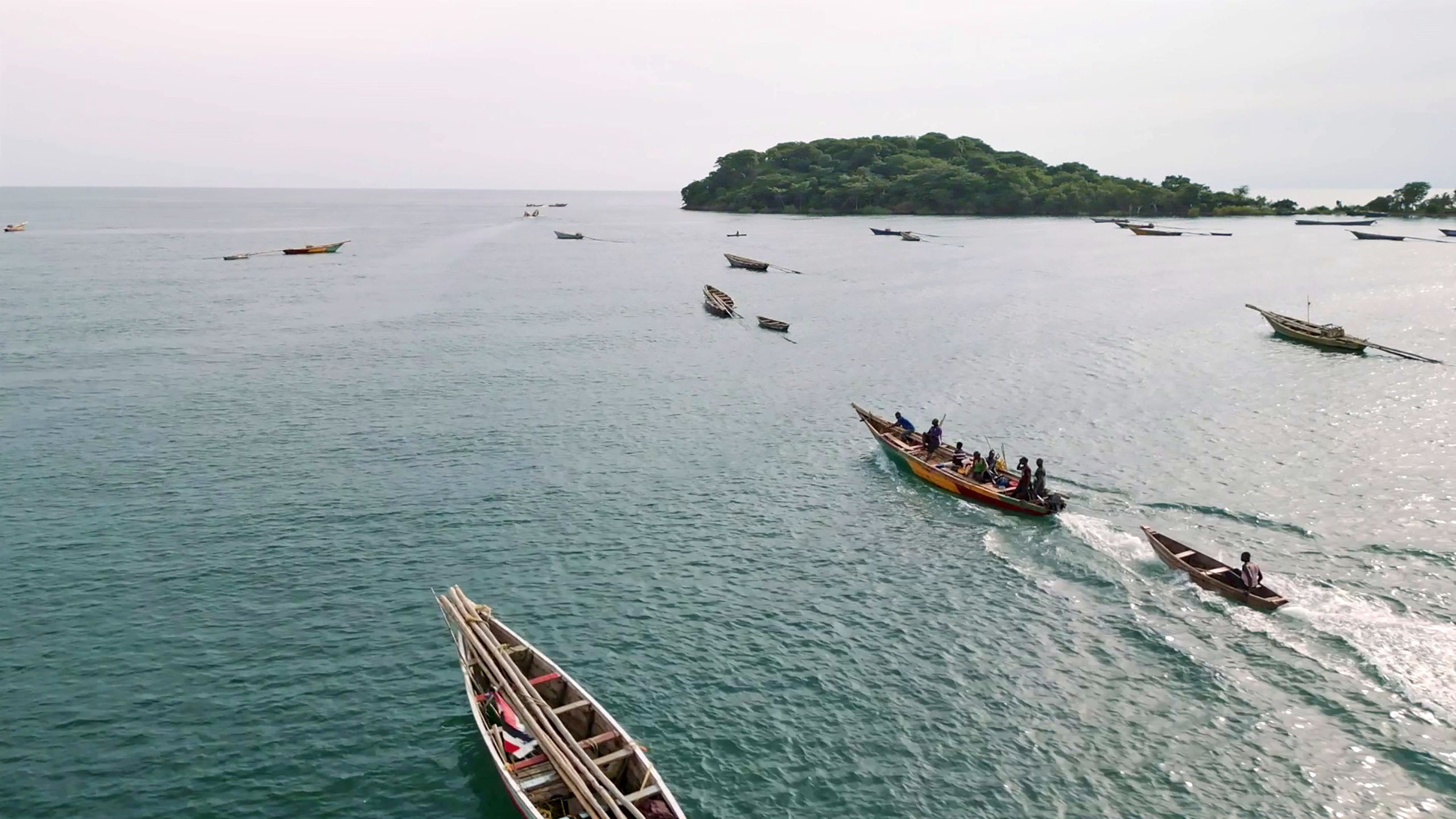From water to energy
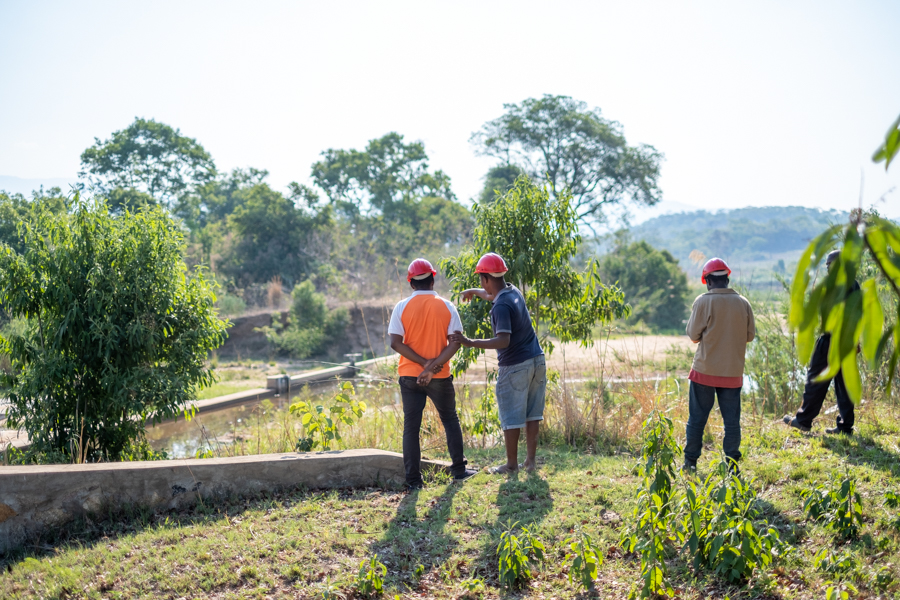
The Mozambican government’s ambition is clear: Energia para Todos – Energy for All. By 2030, all Mozambican households should have access to sustainable and affordable electricity.
In 2019, however, the counter stood at only 29.6%. So, Mozambique faces an enormous challenge. Yet, the country has lots of potential for renewable energy, with significant prospects for hydroelectric and solar power. Enabel is assisting the government of Mozambique in seeking solutions to best study the feasibility of hydropower projects.
Energy for All
The north of Mozambique has several rivers that could be used for electricity production. At the same time this is also the region where people have the least access to electricity. So, it could greatly improve the quality of live for Mozambicans living in the norther regions of the country.
But why is it then, that there are few hydropower plants in Mozambique?
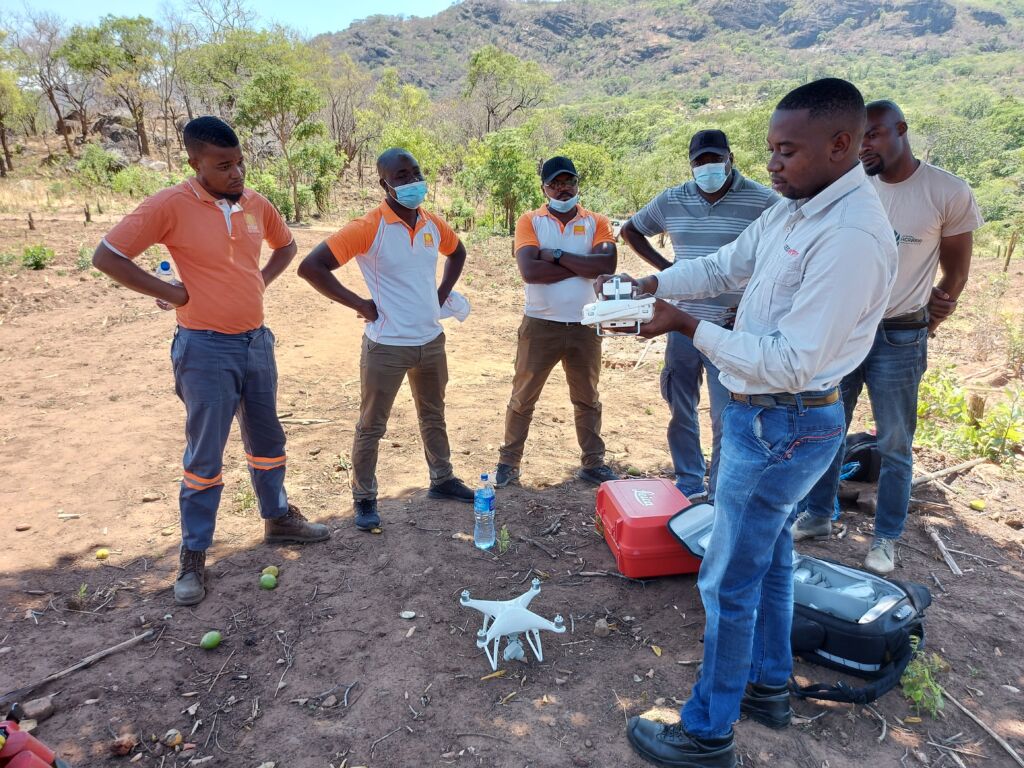
Complexity
The reason is simple: hydropower projects excel in their complexity. Different disciplines and specialisations come together: hydrology, civil works, electromechanics, environmental management and so on.
Moreover, building a hydropower plant requires considerable financial resources. Hydropower projects, therefore, are never ‘a walk in the park’. In Mozambique, there are some additional specific challenges.
There is a lack of recent measurement data of the rivers and their catchment area. Potential sites are often difficult to reach in this vast country. The Mozambican government has limited financial resources, and there is little experience in collaborating with the private sector via public-private partnership projects.
FUNAE
FUNAE, the National Energy Fund in Mozambique, is to facilitate and realise off-grid energy projects. These are energy projects outside of the national electricity network, which in practice means everything more than 40 km away from the national network. FUNAE and Enabel have been working together for more than 10 years on the development of renewable energy projects in Mozambique, both in the field of solar energy and small-scale hydropower.
The size of small-scale hydropower projects can vary between some kilowatts (energy production for one community) to a couple of megawatts (energy production for a cluster of communities) and are thus much smaller than the well known big hydropower projects, which can have a power potential up to thousands of megawatts. Dependent of their size and location, these small hydropower plants can be connected to the grid or can be part of a stand-alone mini-grid. Because of their limited size, they do not require big dams or other invasive infrastructure, resulting in an overall lower environmental and ecological footprint than the big hydropower plants.
Enabel and FUNAE are seeking solutions to best study the feasibility of hydropower projects, with a clear focus on digitalisation, new methods and good maintenance. This approach resulted in 3 clearly innovative ways of working so far.
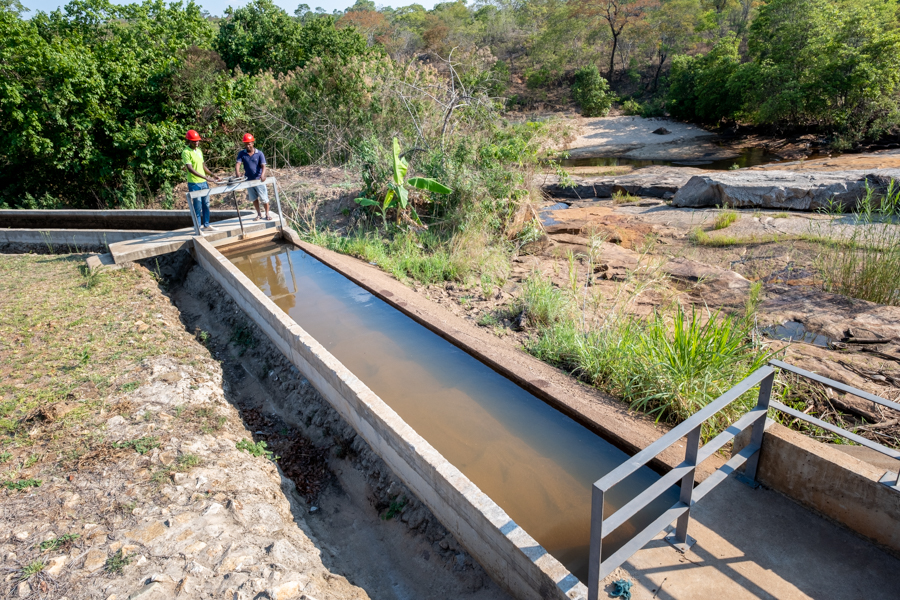
What we are working on
Solution 1: GIS
“This was a very valuable training,” commented engineer Norberto Novelo after the intensive training on using geographical information systems (GIS) to analyse new potential locations for hydropower.
Enabel and FUNAE developed a methodology to investigate new sites involving historical river and rain data. Before, it was necessary to hire an external consultant, but thanks to freely available geographical data and Excel templates FUNAE staff can move ahead themselves. Key parameters, such as catchment area, river flow and power output, can be calculated and visualised using these techniques.
This methodology allows us to identify the most interesting sites remotely and in advance from the desktop. This way, FUNAE can make the best use of its limited financial resources. With this new method, five sites which were previously assumed to be interesting were analysed, one of these – in Mutala in the Zambézia Province – turned out to have a particularly high potential. It is estimated that about 3 to 4 megawatt could be produced which means about 5 villages and one company could use the electricity.
To further develop this high potential site the discussions with the private sector in Mozambique are ongoing.
Solution 2: Drones
After selecting the potential sites, the initial analysis needs to be verified in the field through measurements and fieldwork. However, hydropower projects can involve huge, often difficult to access, areas. Here too, technology and digitalisation offer a solution.
The entire area can be mapped in detail from a safe location by using a drone. Moreover, by using a drone, a very detailed digital elevation model of the area can be built, which is particularly valuable during the hydropower plant design. This approach was tested in Nintulo in the Zambézia Province, as part of a training programme and will be increasingly used in the future.
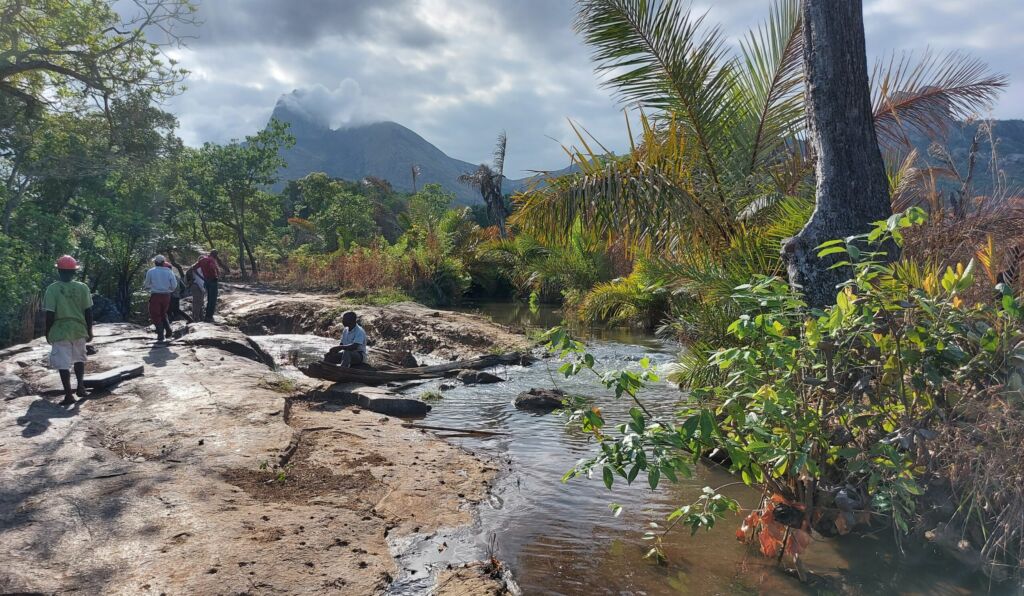
Solution 3: River flow measurements with community involvement
One of the most critical parameters for a hydropower project is the available river flow. If the water in a river is not flowing fast enough, you cannot generate energy from it. One of the biggest problems in Mozambique is the lack of up-to-date measurement data, so these must be collected in the field.
But where do you start? In Nintulo, Enabel and FUNAE found a great solution. Together with the local community, a small dam was built in 2019 to allow measurement of the river flow and water levels. Since then, every day, someone from the community walks up the hill to measure the water level.
These daily water levels are meticulously recorded in a notebook and the data is shared monthly in a WhatsApp group with FUNAE and Enabel staff. Subsequently Enabel and FUNAE, with the support of the community, carry out monthly control measurements. 45 people living in the area guarantee the maintenance of the access roads to the river so that the measurement sites remain easily accessible.
Through this approach, FUNAE and Enabel could already collect measurement data for the past two years. But there is more. The active involvement of the community of Nintulo in the whole process ensures that there is substantial local support for the project. The contacts between FUNAE, Enabel and the residents of Nintulo are particularly close, and the use of the common WhatsApp group also ensures that any problems are addressed immediately.
Or, as the “chefe de posto”, Senhor Renato, repeatedly says, “this project is extremely important for the further development of our community.”
Nintulo, an area comprising 8 neighbourhoods with about 15,000 inhabitants is a mostly rural community. Maize is the staple food. At the moment people use 7 grinders spread over the area to process maize. These grinders each have a diesel engine and consume much fuel.
For now, it is the only option people have to produce maize powder. With access to electricity this would become more efficient, economical and environment-friendly.
There is much land for companies to set up a business in Nintulo, but without access to electricity the private sector cannot make any investments in the region.


What’s next?
After the technical elaboration of a hydropower project, financing must be sought. In the past, energy projects were the exclusive responsibility of the Mozambican government. But in 2021, also thanks to FUNAE, the legislation changed and private funds can also be used for renewable energy projects.
In anticipation of further regulations, Enabel and FUNAE are already working together to develop new financing and management models for energy installations set-upby FUNAE. Because, after all, the end goal is very clear: Energia para Todos.
Key data
- 29.6% of the Mozambican population of 32 million had access to electricity in 2019.
- Enabel and FUNAE have been working together since 2011.
- 5 new hydropower sites are analysed, of which one is identified as high potential.
- More than 2 years of river flow measurements in Nintulo are available.
- Digital elevation model is obtained from Nintulo area by using drones.
- According to a study from 2022 the flow data collected in Nintulo has a confirmed potential of 3-4 MW. This potential can be exploited if the power grid can be extended to Nintulo. To make this possible, FUNAE will have to initiate talks with EDM, the operator of the Mozambican electricity network.
